

- Elektron kutubxona
- E-universitet
- Masofaviy ta'lim
- Mashg‘ulotlar jadvali
- Xorijiy talabalarga
- Stipendiya va grantlar
- Talabalarga xizmat ko'rsatish markazi
- Street Law
- Akademik mobillik
- Xorijiy professorlar
- Treninglar va mayner kurslar
- Klub va to‘garaklar, mahorat darslari va festivallar
- Murojat qilish
- Korruptsiyaga qarshi kurash usullari
Talabalar uchun
To ensure that all students at Tashkent State Law University receive an equal quality of education, irrespective of their gender, religion, ethnicity, or handicap
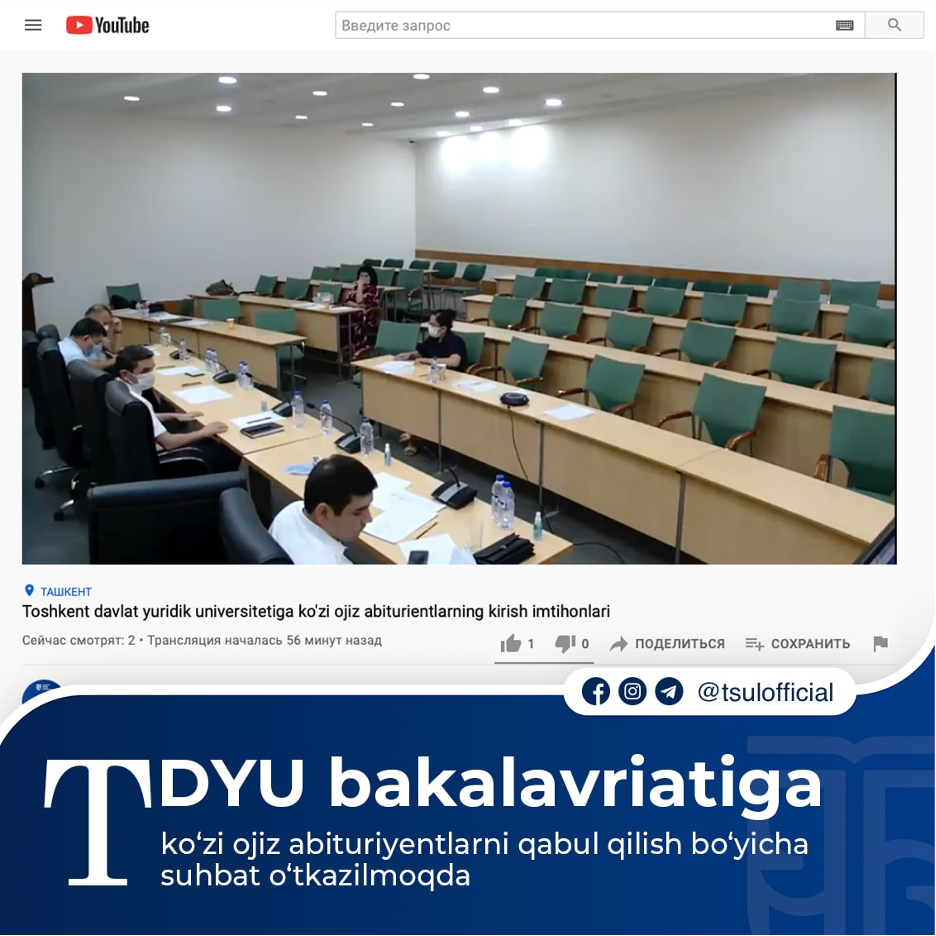
1. Syracuse University and the College of Law have signed a memorandum of understanding (MOU) with three institutions from the Republic of Uzbekistan to strengthen academic ties with the republic, share expertise on disability rights and collaborate to create a disability law clinic at Tashkent State University of Law.
Representing Syracuse University at the Dec. 3, 2020, signing ceremony—coinciding with the International Day of Persons with Disabilities—were Chancellor and President Kent Syverud; Vice Chancellor and Provost John Liu; College of Law Dean and Professor of Law Craig M. Boise; Professor Arlene Kanter, College of Law faculty director of international programs and director of the disability law and policy program, and Professor Michael Schwartz, College of Law director of the Disability Rights Clinic.
They were joined by Javlon Vakhabov, ambassador of Uzbekistan to the U.S. and Canada; Adkham Bekmurodov, director of the El-Yurt Umidi Foundation; Rahim Hakimov, rector of Tashkent State University of Law; Evgeniy Kolenko, head of the Academy of the General Prosecutor’s Office of the Republic of Uzbekistan; and Mirjakhon Turdiev G’16, G’20, of Uzbekistan 24, Uzbekistan’s national media agency.
The collaboration among Syracuse University, the College of Law and the Uzbekistan signatories provides an opportunity for College of Law disability rights experts to assist Uzbekistan as it builds capacity after the passage of a new law enumerating the rights of persons with disabilities, which complies with the UN Convention on the Rights of Persons with Disabilities.
The establishment of the disability law clinic at Tashkent State University of Law—with the assistance of Professor Schwartz and the College of Law Disability Rights Clinic—will contribute to the implementation of Uzbekistan’s new law, offering a structural and institutional mechanism between the law and citizens. The extension of the University’s and college’s scholarship and experience in the field of disability rights to Uzbekistan is a first not only for this nation but for the entire Central Asian region.
“As a global research university, Syracuse University is committed to international education and exchange on our campus and at sites around the world,” says Chancellor Syverud. “This partnership will strengthen ties between our universities and our nations. Working together, we will provide new opportunities for learning and exchange for faculty, students and legal scholars and practitioners.”
“Currently, the College of Law enjoys institutional relationships with more than two dozen foreign law schools and government agencies,” says Dean Boise. “The agreement we executed today marks our first in Uzbekistan. It will be one of our most robust partnerships, bringing together parties and interests across various strata of civil society, including academia, governmental and nonprofit organization partners.”
“I cannot overstate how thrilled I am to be working with my Uzbek colleagues at the Tashkent State University of Law, the Academy of the General Prosecutors of the Republic of Uzbekistan, and the El-Yurt Umidi Foundation, in their drive to establish a disability law clinic in Uzbekistan,” says Professor Schwartz. “The model we build will be a beacon of light and hope for people with disabilities in Uzbekistan and around the world.”
University alumnus Turdiev’s participation on the Internationalization Council and the Central Asia and Caucasus Student Union was integral to the development of the agreement, which was formulated after a 2019 visit to Syracuse by the Uzbek ambassador to discuss academic collaboration and after subsequent input by the Bureau of South and Central Asian Affairs at the U.S. Department of State. The state department further underlined the importance of formalizing and building academic ties between the U.S. and Uzbekistan in a Nov. 20, 2020, joint statement summarizing 2020’s Strategic Partnership Dialogue.
2. The entrance examinations for blind students are also administered independently based on interviews.

1. Applicants with disabilities are admitted to training on additional quotas based on the state grant
According to the resolution of the Cabinet of Ministers of June 5, 2018 "On approval of the regulation on the procedure for admission of persons with disabilities to higher education institutions for training on the basis of an additional quota on the basis of the state grant":
- established an additional two percent quota on the basis of the state grant for persons with disabilities in relation to the total admission of applicants to higher educational institutions in the areas of education;
- the category of persons with disabilities admitted to higher education institutions on the basis of additional quotas includes persons with disabilities, as well as children with disabilities who have a document on general secondary education (on the basis of 11th grade) or on completion of secondary special, professional educational institution (academic lyceum, professional college) and also have a certificate of disability group I and II, issued in the prescribed manner;
- The admission to higher educational institutions of persons with disabilities on the additional quota is carried out according to results of entrance examinations (tests, professional (creative) examinations);
- The applicants who are not accepted by additional quotas allocated to persons with disabilities, with the points scored, participate in the competition in this area of education on a general basis;
- Persons with disabilities who have gathered at least 30 percent of the maximum possible points in entrance examinations are recommended for admission in strict accordance with the gained points within the additional two percent quota on the basis of the state grant.
4. On gender equality

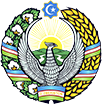
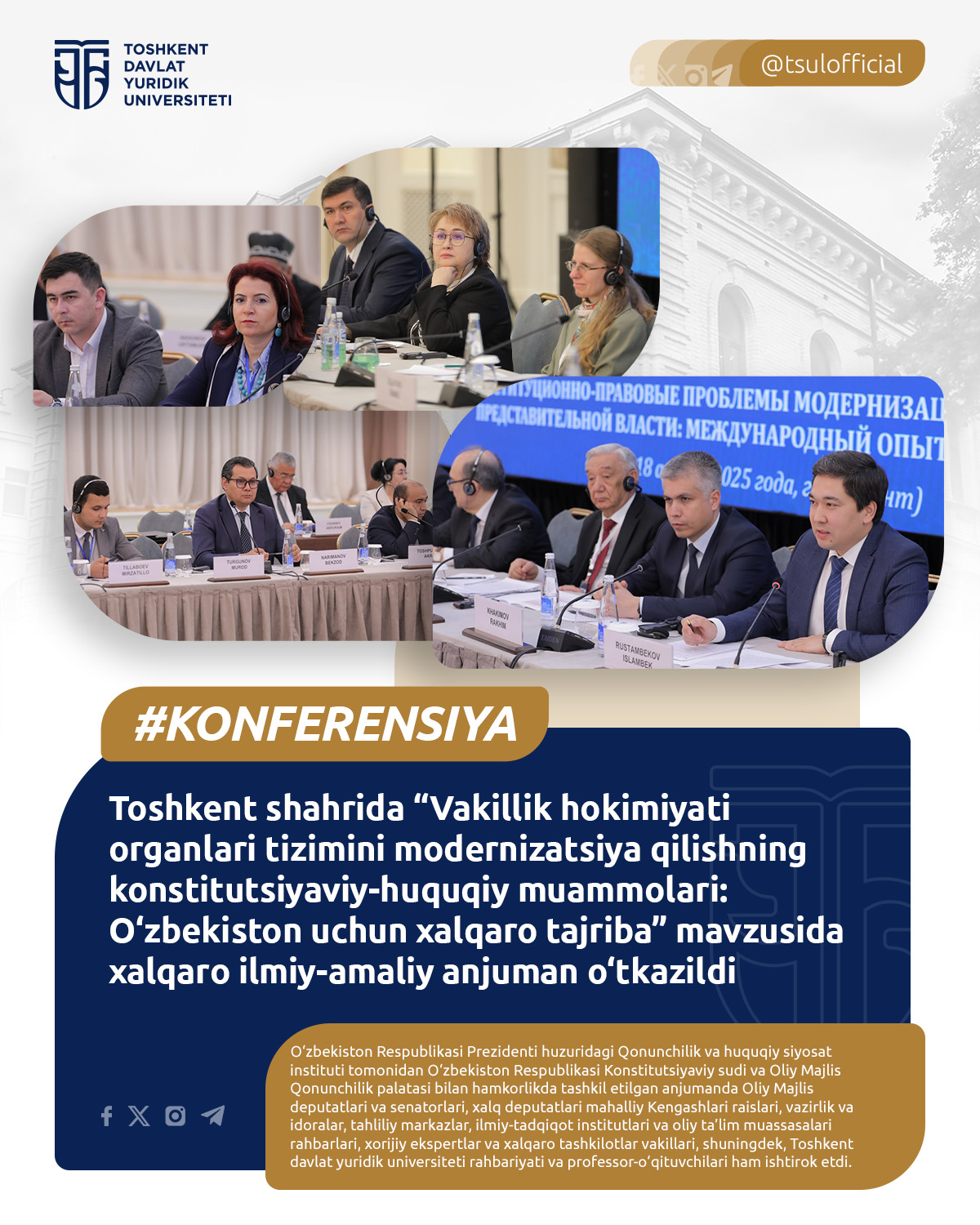
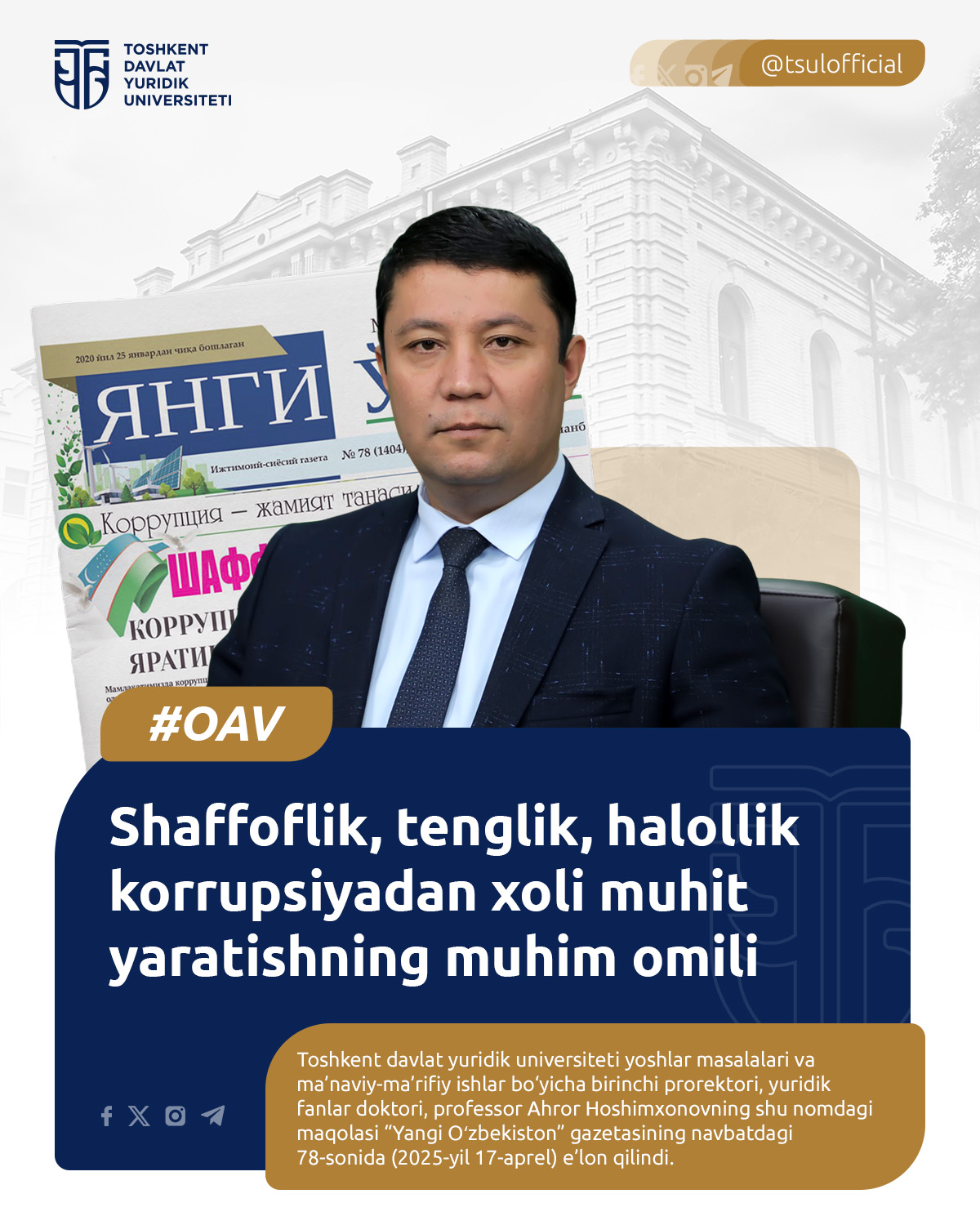
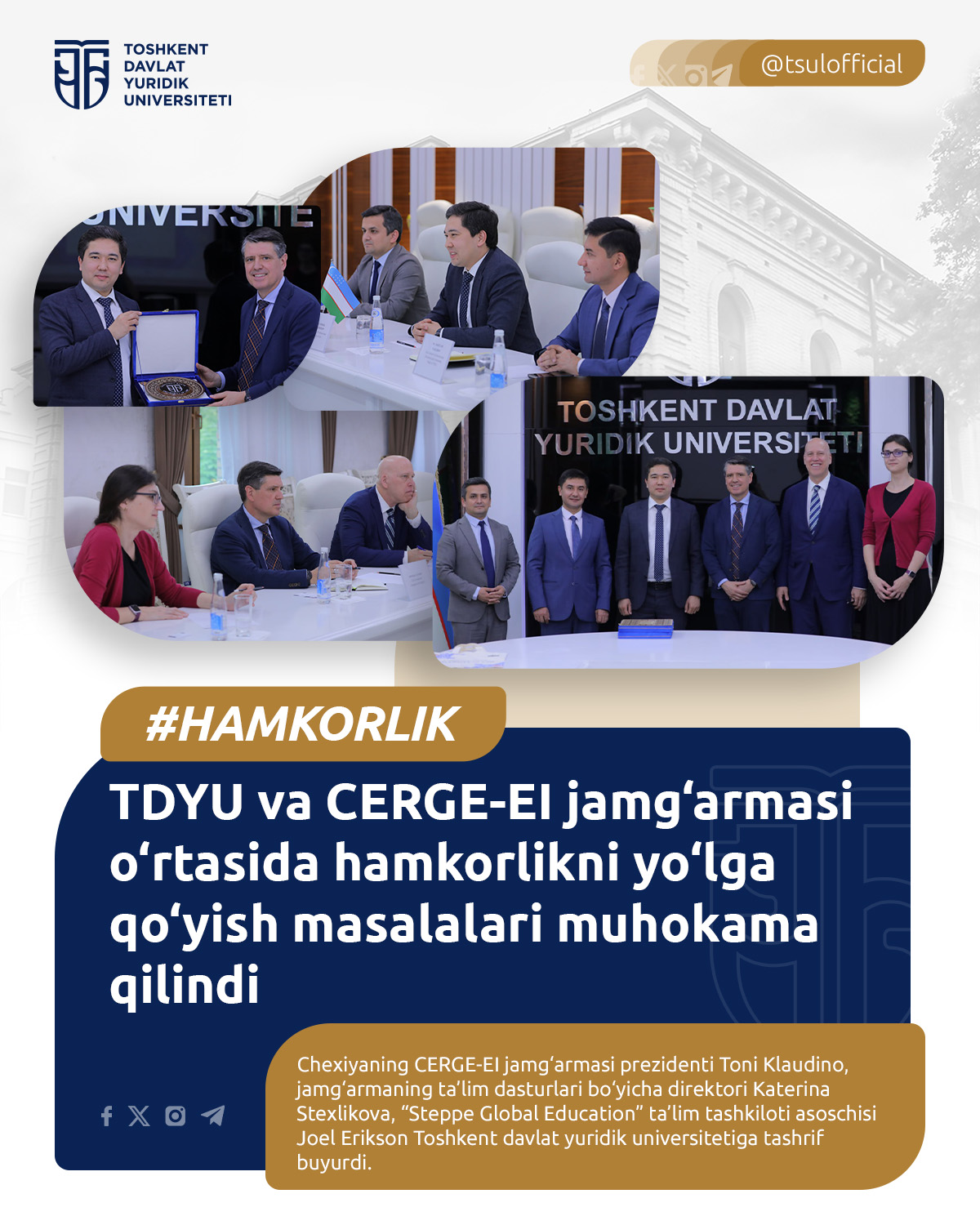
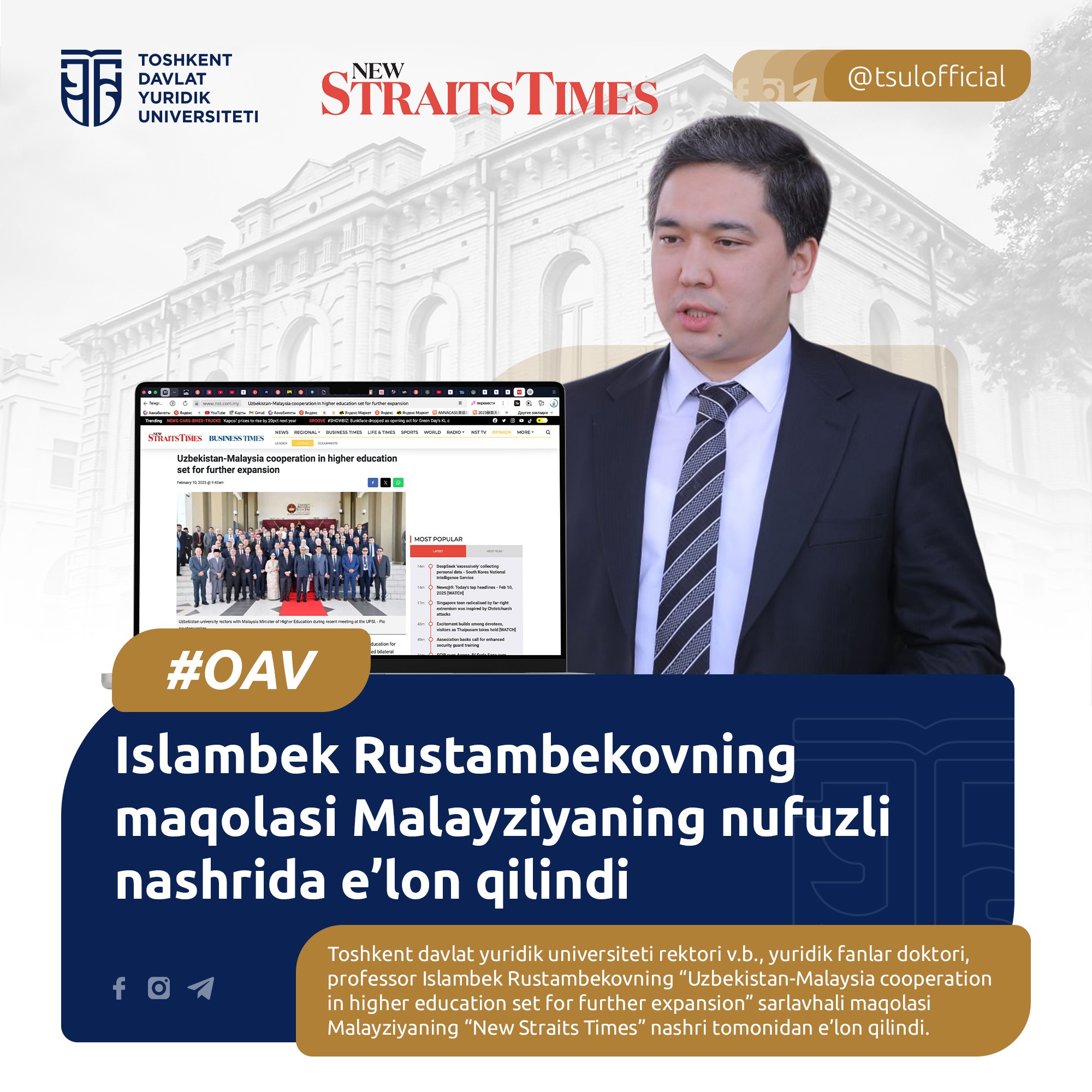
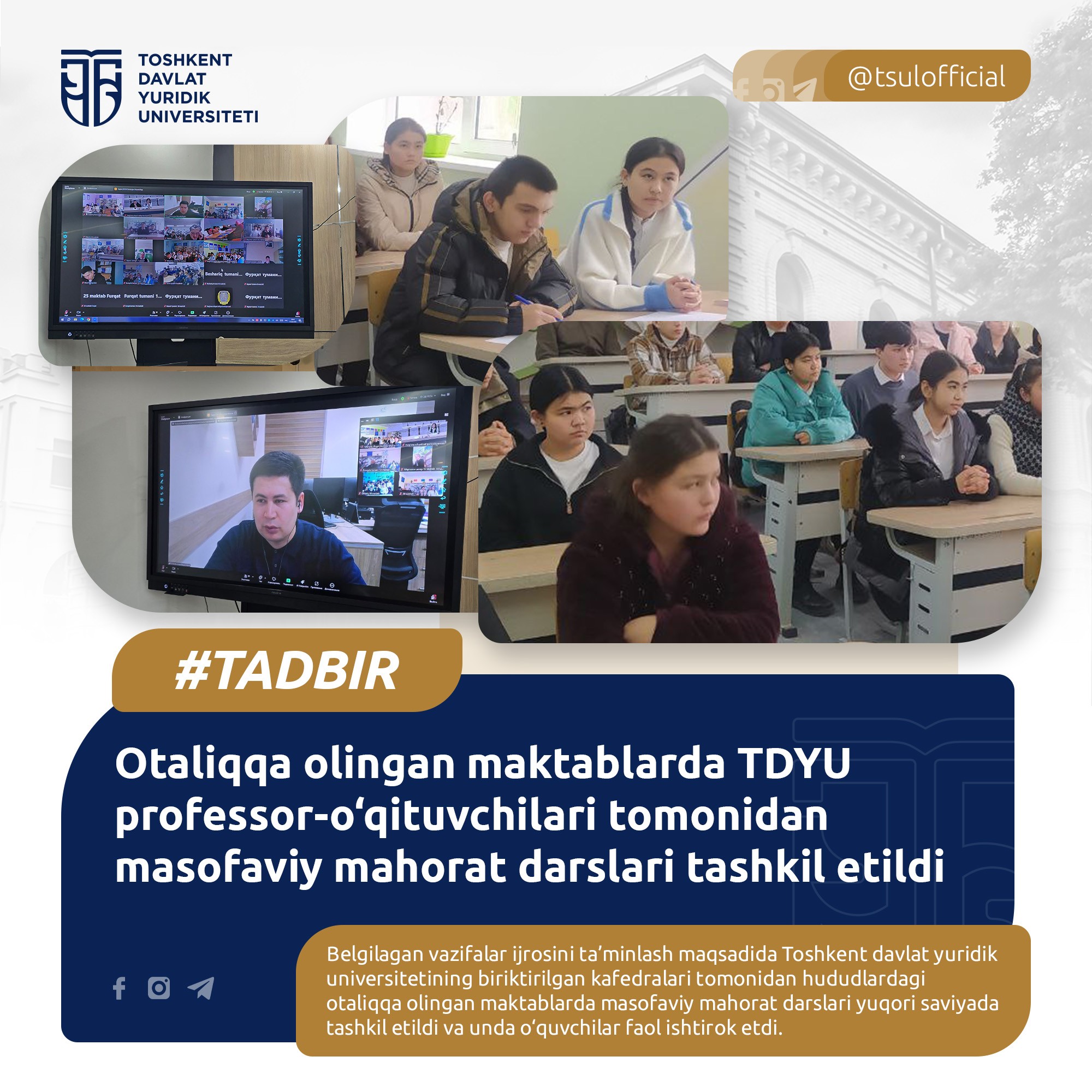
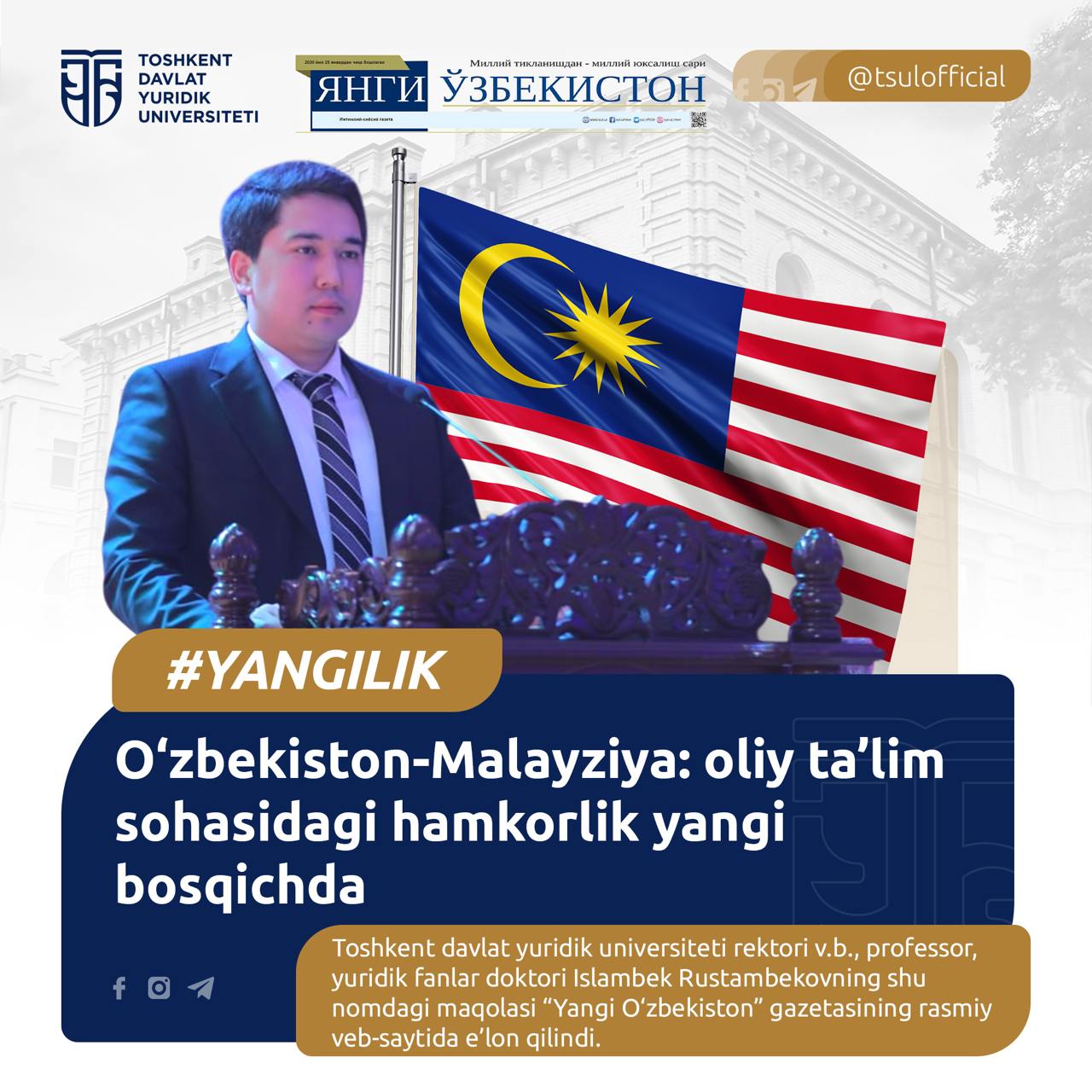
 Load More Post...
Load More Post...